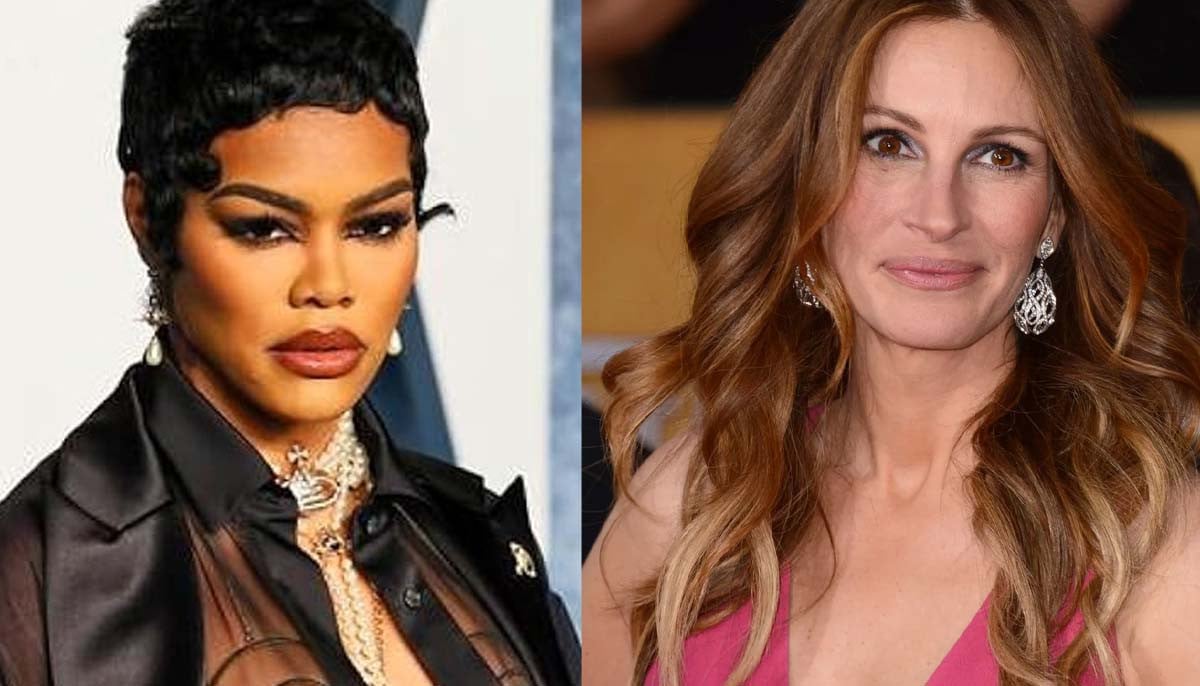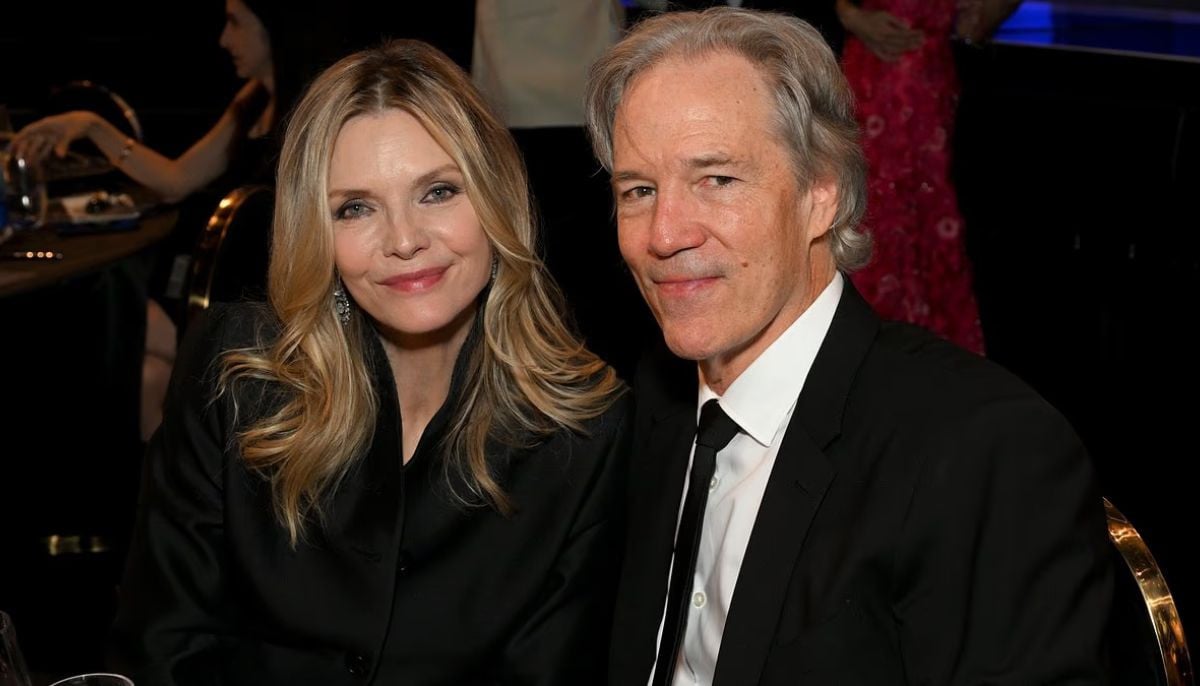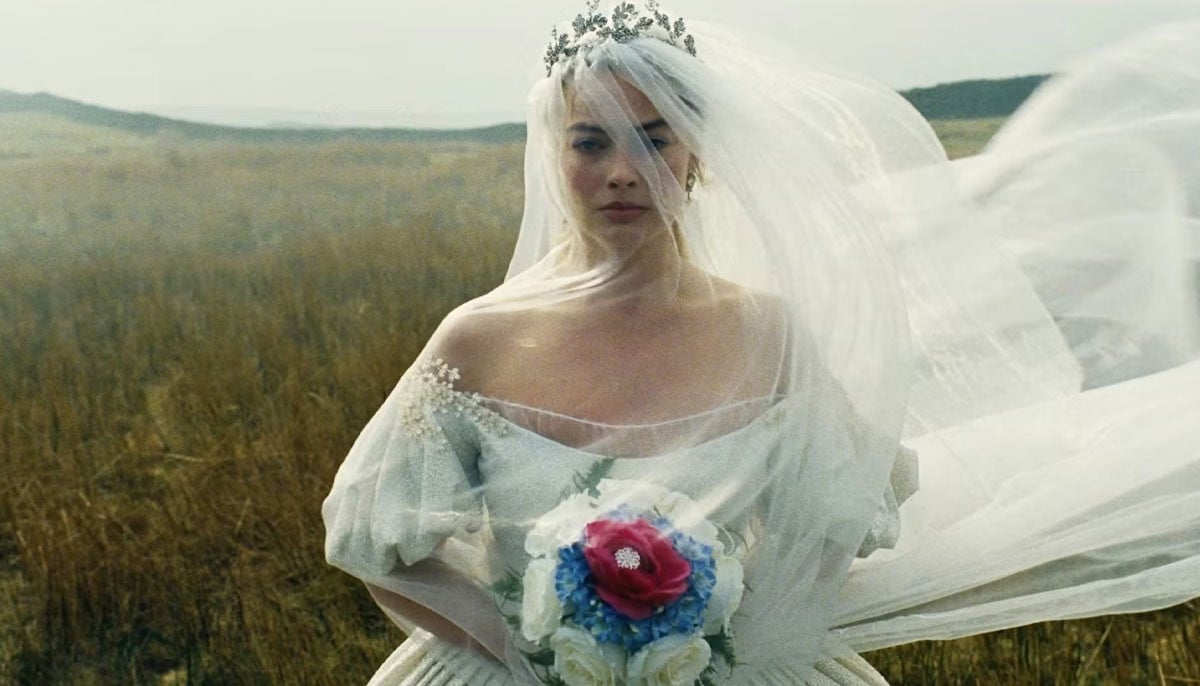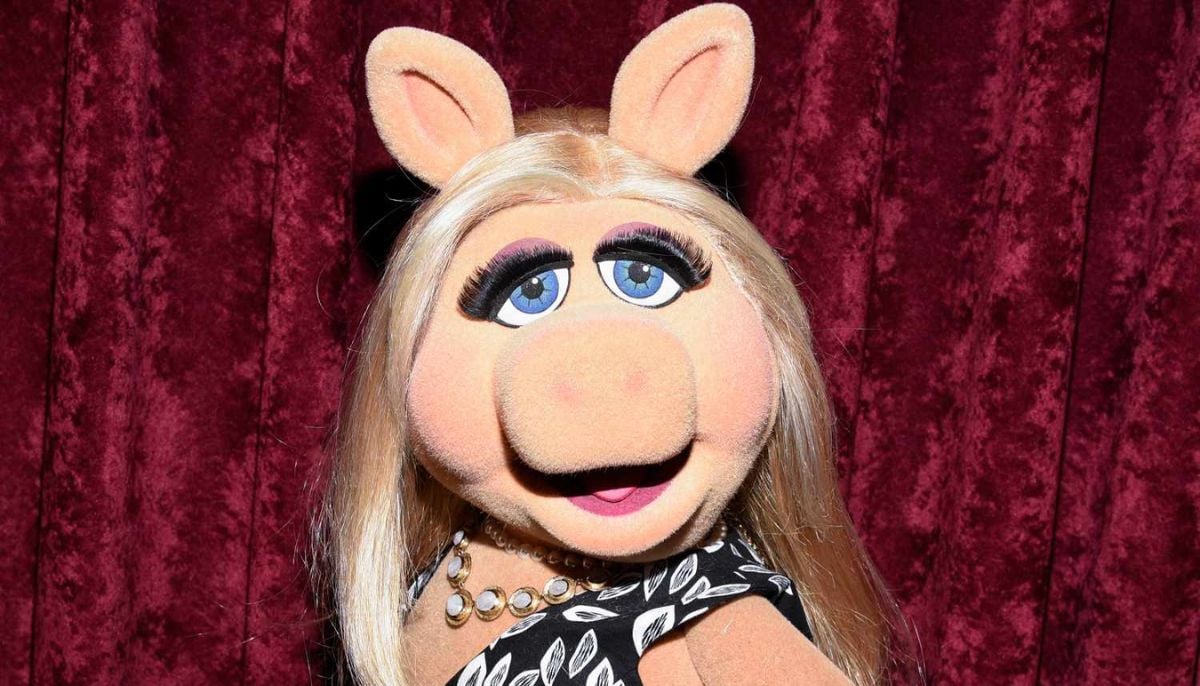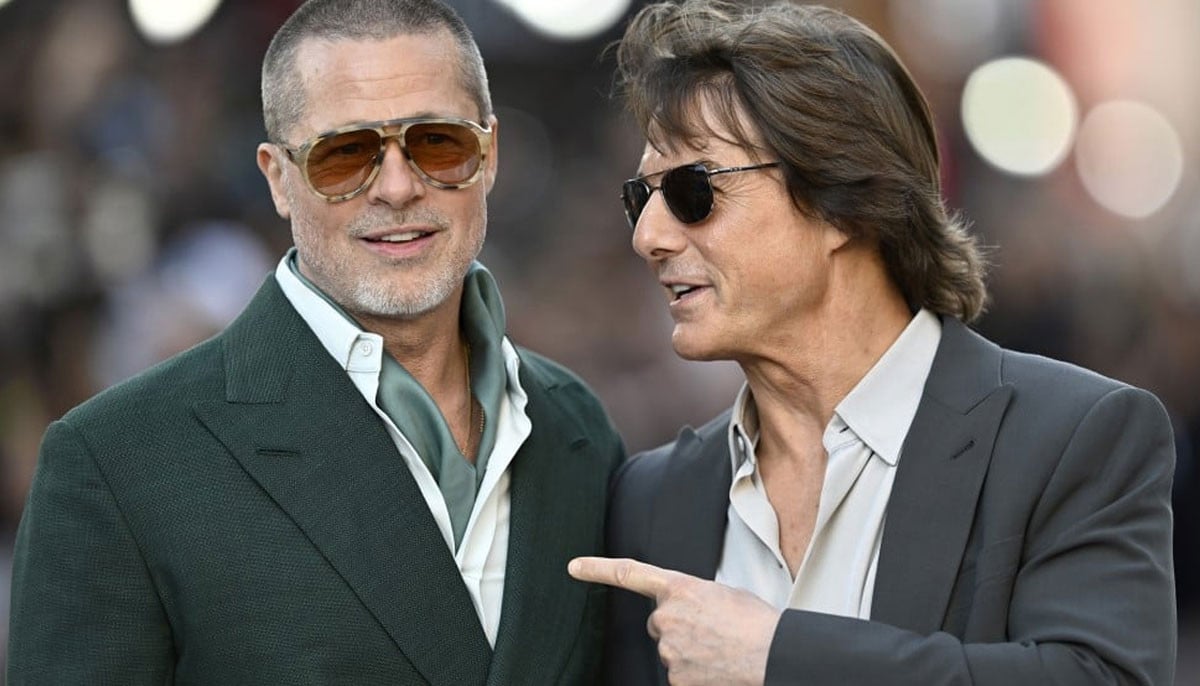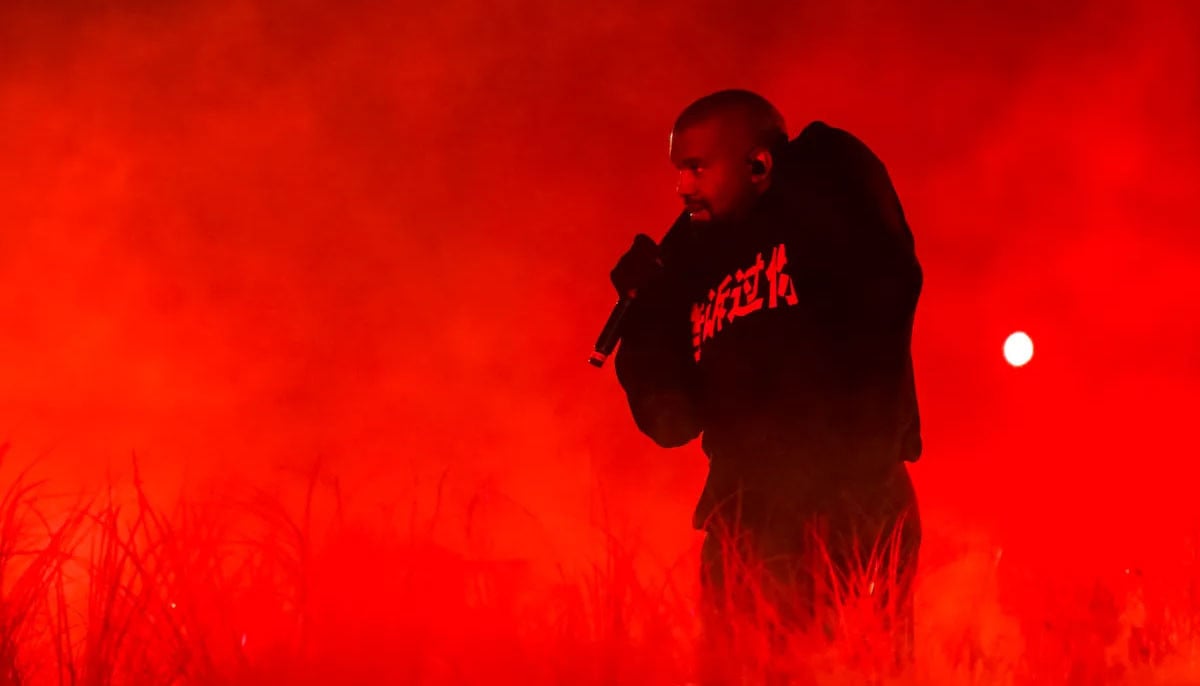'The Godfather' director apologises for 'Part Two' trend in Hollywood
Francis Ford Coppola demanded the addition of 'Part II' to 'The Godfather' sequel title in 1974
As Dune: Part Two makes its way to the big screen and Wicked: Part Two is slated for release, Francis Ford Coppola has something to confess about Hollywood’s growing obsession with sequels.
In a recent interview with The Washington Post, the five-time Oscar winner admitted feeling guilty for starting Hollywood’s never-ending trend of sequels, all due to his "petty" demands while making The Godfather Part II (1974).
After the massive success of the original Godfather film in 1972, Coppola recalled Paramount Pictures pushed him to return as director for the sequel, but he was reluctant to do so.
In an attempt to avoid the project, Coppola suggested then-up-and-coming director Martin Scorsese to take over. However, Paramount rejected the idea.
Coppola then made several seemingly unreasonable demands, including a hefty $1 million paycheck and the addition of "Part II" to the title, inspired by Russian films like Ivan the Terrible, Part I (1944) and Ivan the Terrible, Part II: The Boyars' Plot (1958).
Though Paramount initially thought these demands were absurd, they ultimately agreed, and The Godfather Part II became one of the most critically acclaimed sequels of all time.
Looking back, Coppola humorously acknowledged that his actions ironically contributed to the current practice of numbering sequels.
"So I’m the jerk that started numbers on movies," Coppola said. "I’m embarrassed, and I apologise to everyone."
His comments seem to be a nod to the ongoing trend of "Part Two" films.
Earlier this year, Dune: Part Two hit theatres, meanwhile, Wicked: Part Two is set for release on November 21, 2025.
-
David E. Kelley breaks vow to cast wife Michelle Pfeiffer in 'Margo's Got Money Troubles'
-
Apple Martin opens up about getting 'crazy' lip filler
-
Amy Madigan reflects on husband Ed Harris' support after Oscar nomination
-
Margot Robbie gushes over 'Wuthering Heights' director: 'I'd follow her anywhere'
-
'The Muppet Show' star Miss Piggy gives fans THIS advice
-
Hollywood fights back against super-realistic AI video tool
-
Harry Styles opens up about isolation after One Direction split
-
Kanye West projected to explode music charts with 'Bully' after he apologized over antisemitism



